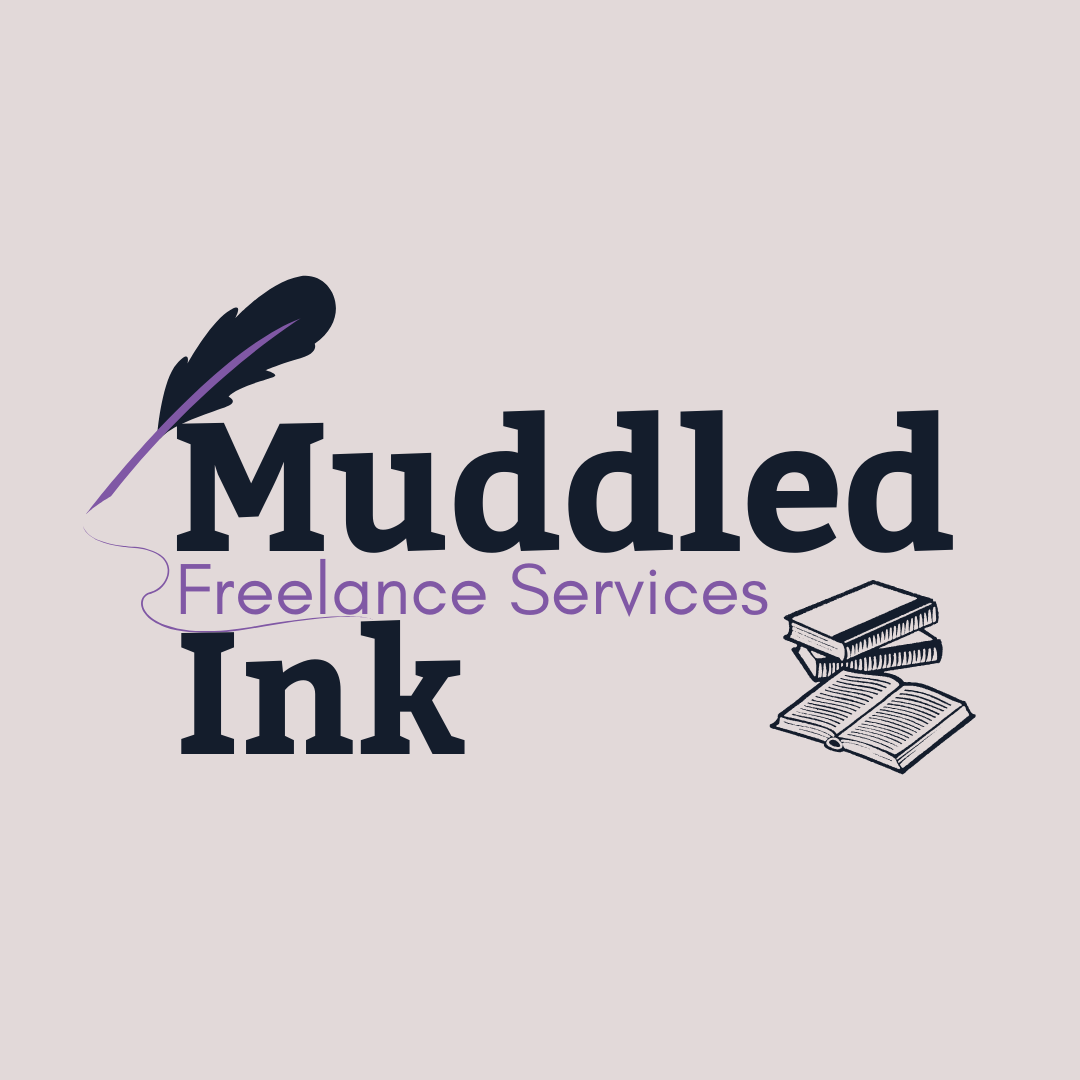Info Dumping & How to Avoid It
Info dumping when writing your novel is never a good idea, and it’s super easy to avoid if you look at it like this.
First things first, you’re going to look at where you are in the story. Usually, info dumping takes place in the beginning. Writers get super excited about the story and they want to hurry and get to the good parts, but every part of the story is necessary and important and “good”, especially the beginning. That said, this isn’t always the case. (There are very seldom elements that are “always” necessary.) Look at where you are in the story and get real with yourself about whether or not any of the story you just dumped in one scene makes sense.
Look at it like this:
If you met someone five minutes ago, and they’ve already told you their whole family tree, their deepest darkest secrets, and where their metaphorical or sometimes real (dark romance girlies, where you at?) bodies are buried, you’d run for the hills. You don’t know this person, and you know entirely too much about them too fast, and frankly, that’s off-puttting, in fictional and real worlds alike.
How do you avoid this?
You are going to calm down and start with the bare minimum when writing, and that’s going to be the frame that you build your story within. The actual picture is going to be all those details, backstory, and characters, that you are going to sprinkle in over time as they naturally appear in the story. Once you’ve filled up all of that space with which is initially your story, you’ll see that about 50% - 60% of what you thought your reader need to know at that beginning wasn’t necessary then. It either naturally came out later in the text or context or you didn’t even use it.
Eventually, you’ll get better at pinpointing what is and isn’t valuable to your characters and story. If not, that’s what editors are for, more specifically— developmental editors, line editors, and beta readers.
Instead of forcing information and plot points down your readers throat at the earliest convenience, you’ve naturally initiated a flow to your writing that not only can you reader follow easily, but will better envelop them in the world you’re building as they read over time, which, as a storyteller, is what you should aspire to. This will ultimately lure a readership that is invested in your brand of storytelling and that will build with you as your build on the story in other books or create other standalones.
